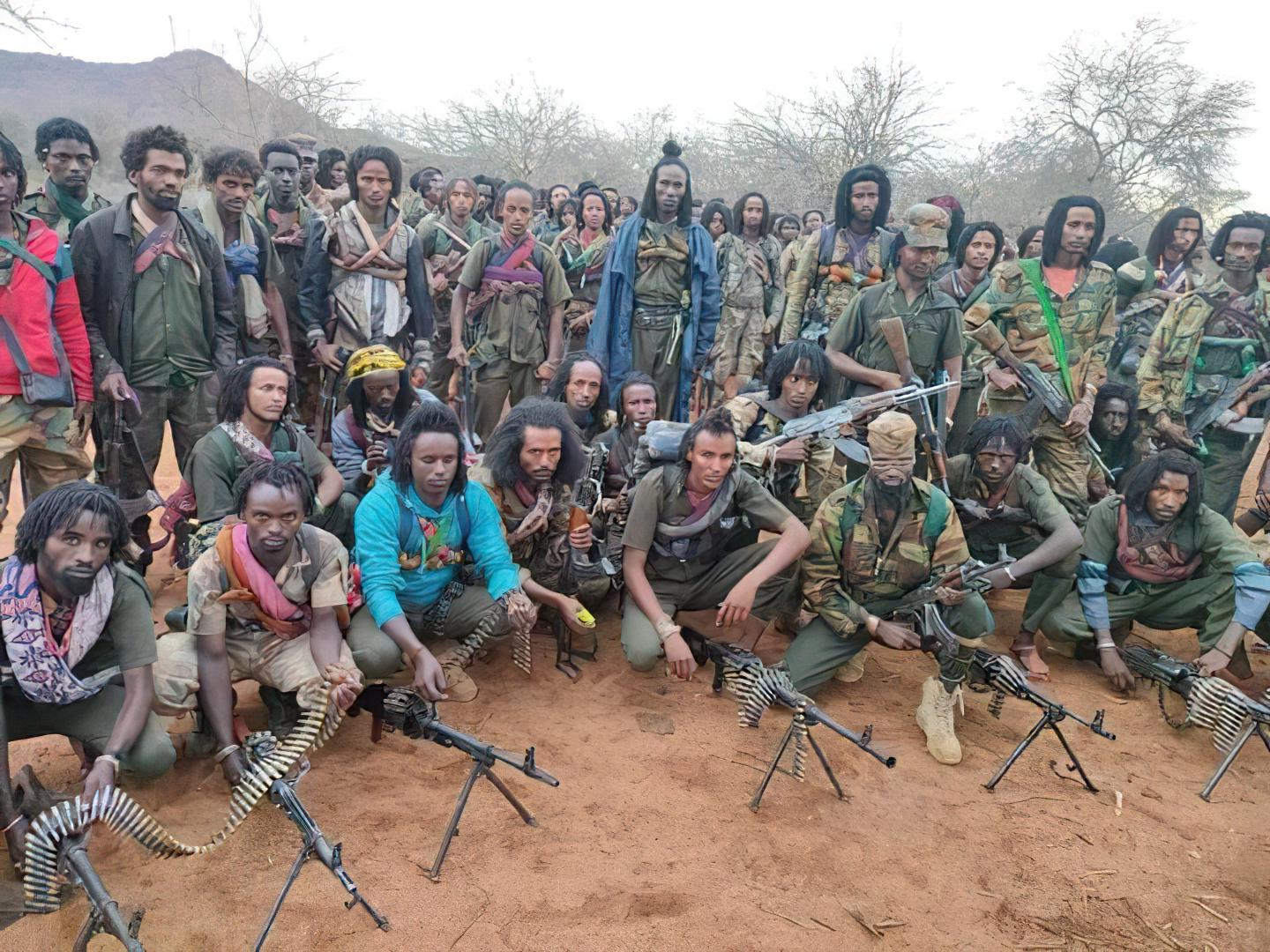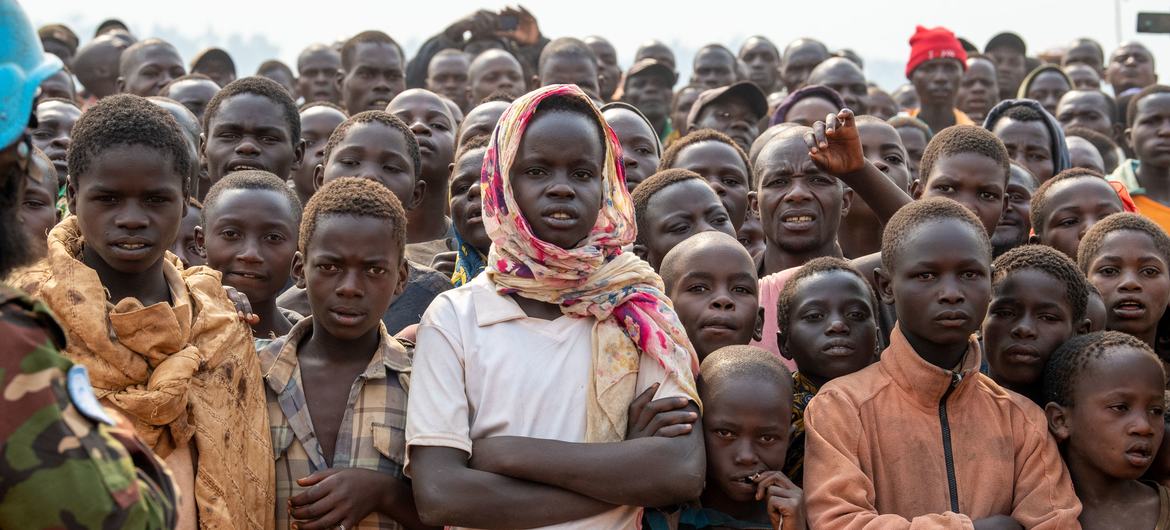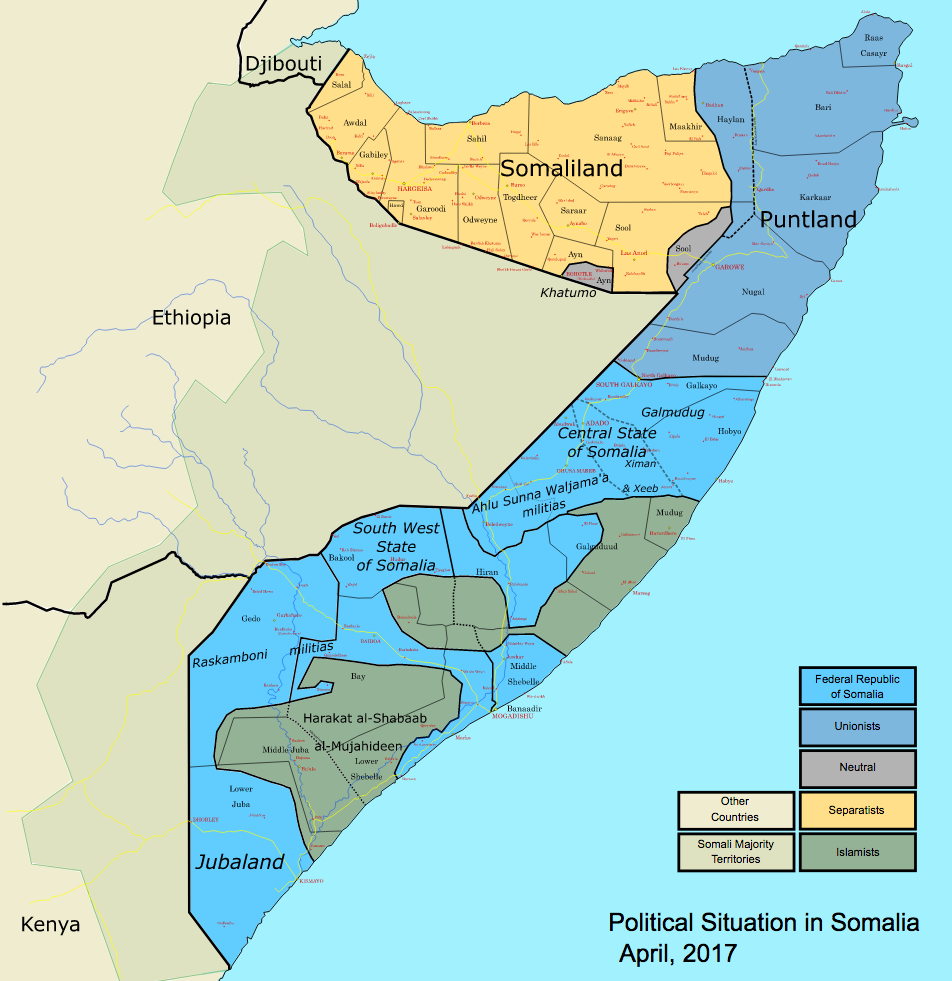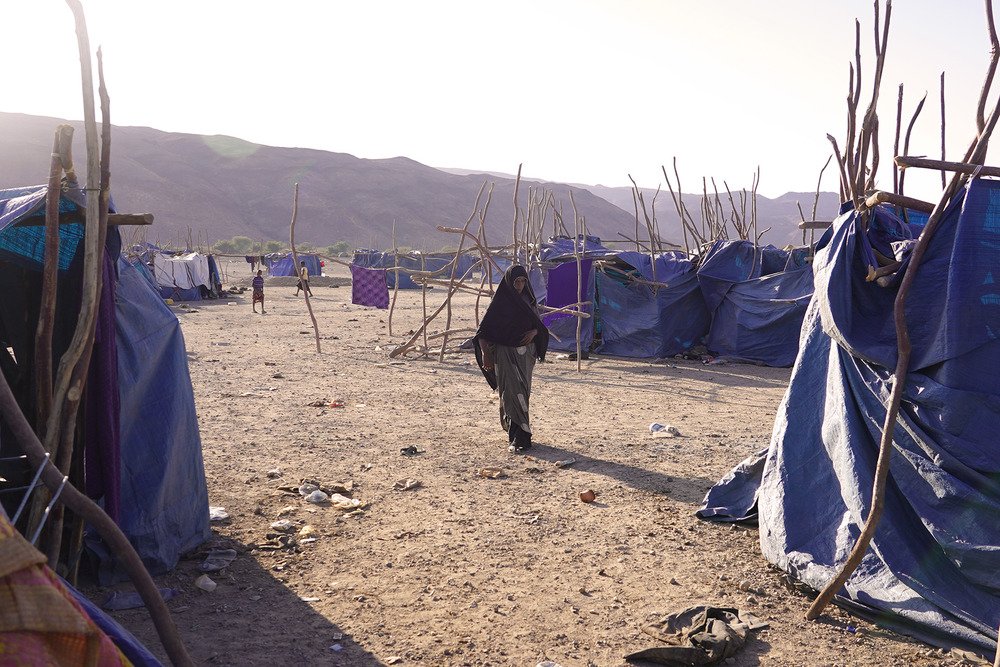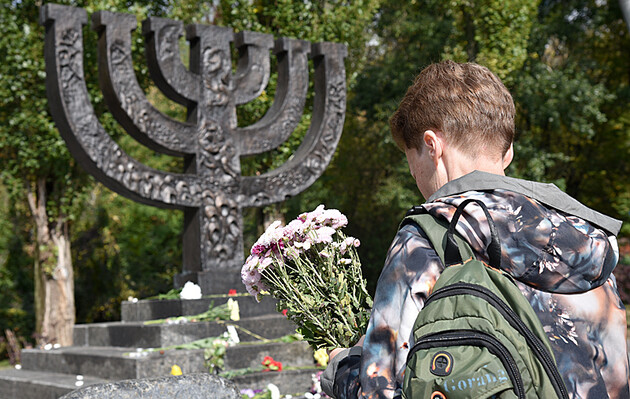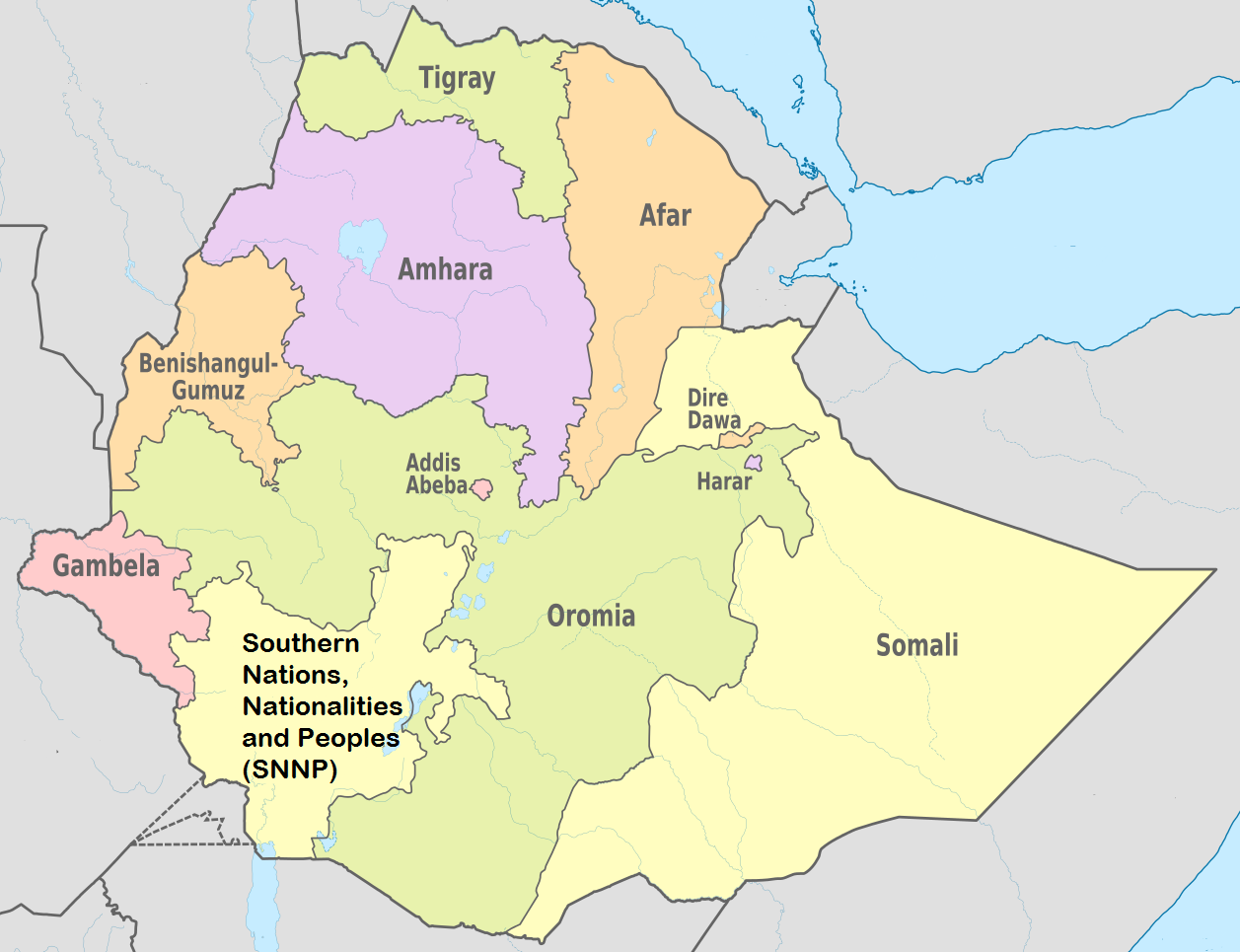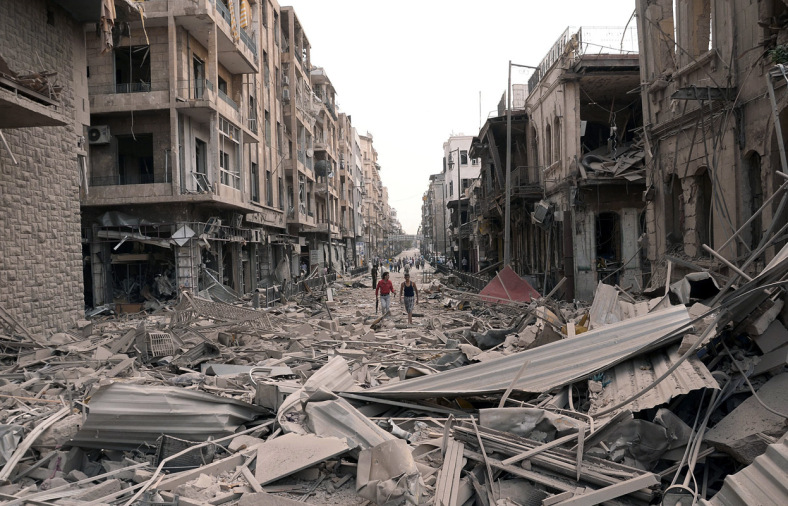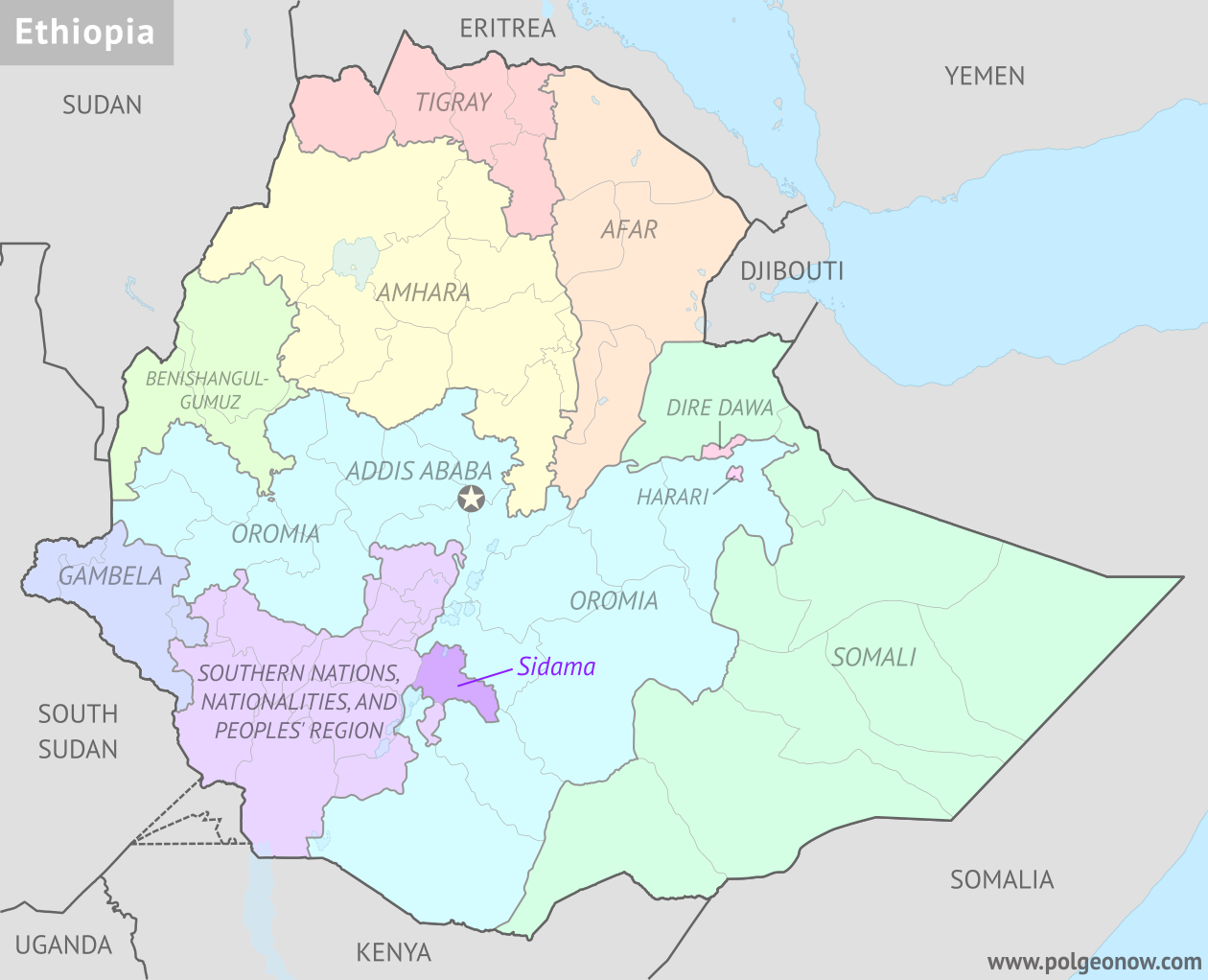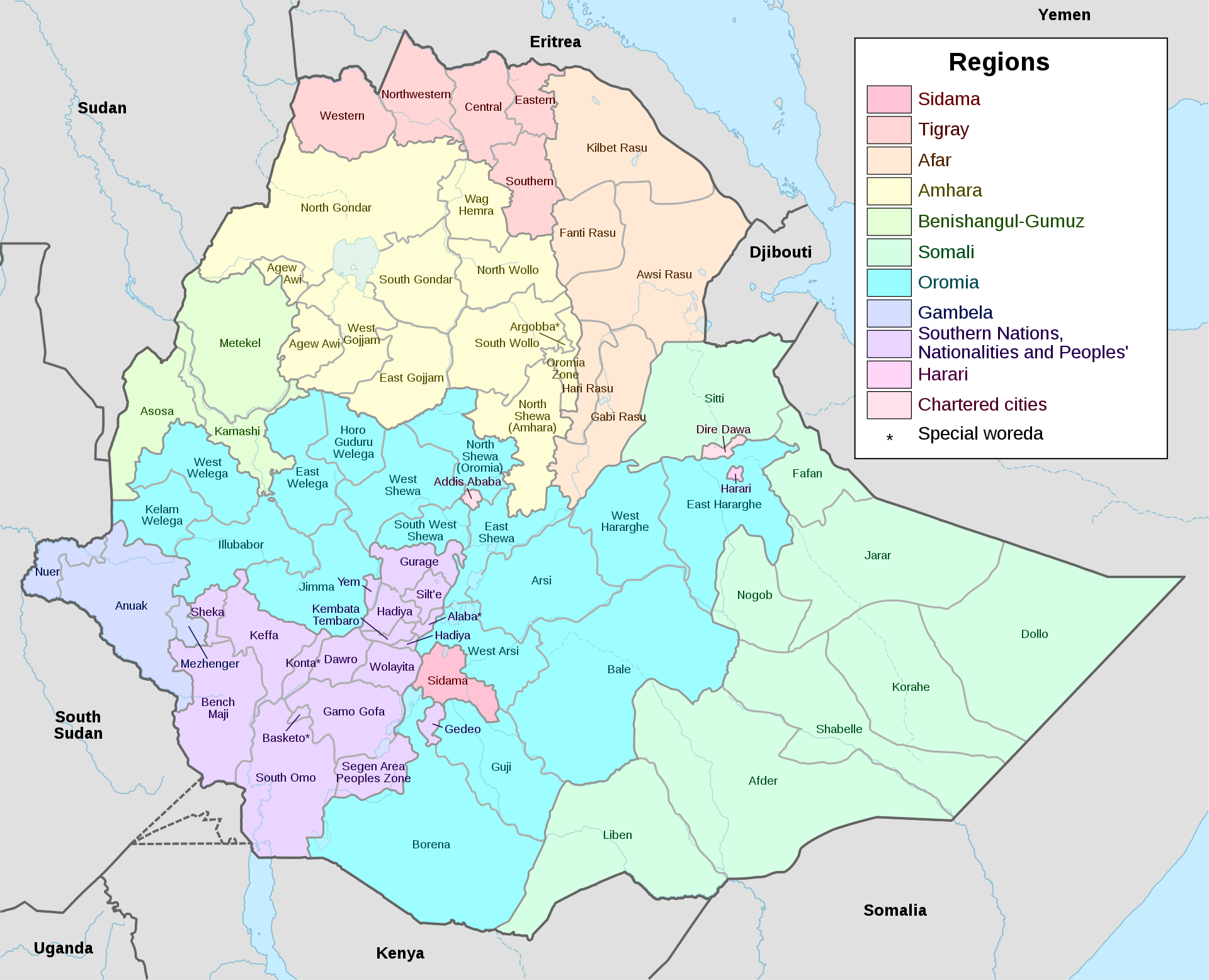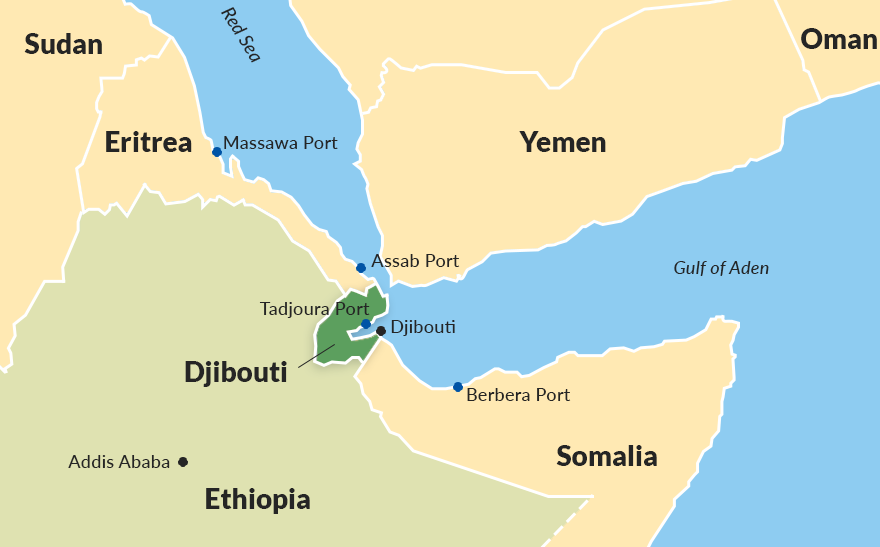
Al-Shabab’s Ethiopia front collapses
A large-scale incursion by the Somali jihadist group al-Shabab into eastern Ethiopia has been defeated. The government claims to have killed more than 800 militants in heavy fighting that began at the end of July. The attempt to open a new front in Ethiopia was not only a military defeat for al-Shabab, but also a political failure. Although some of al-Shabab’s leaders are from the area, ideologically the Somali region is known for its religious tolerance. Local community and religious leaders rallied to oppose the group, and have pledged to resist future infiltration. (Map: Hiiraan Online)



